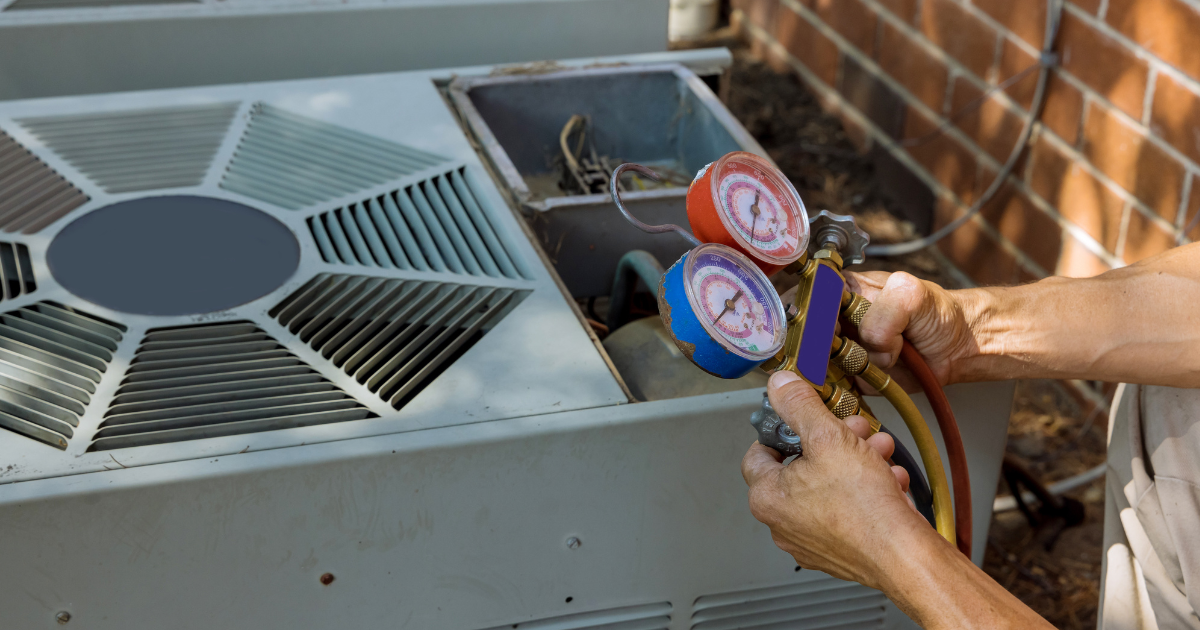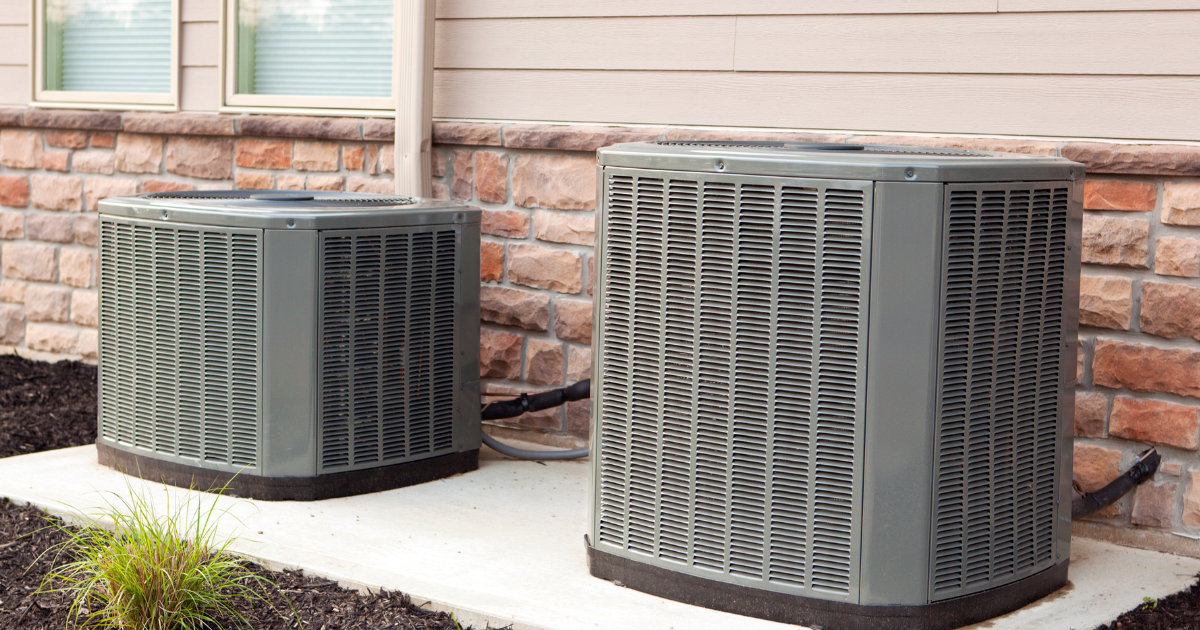Is A Tankless Water Heater The Best Choice For Your Home?
Are you considering installing a tankless water heater at your house? Tankless water heaters reduce energy consumption, provide more reliable water heating, and fit well in small places. If you have questions about how these innovative water heaters operate, read on to learn more and decide if a tankless water heater is the best fit for your household.
HOW DOES A TANKLESS WATER HEATER WORK?
Tankless water heaters, also called on-demand water heaters, have become increasingly popular in Riverside area homes. These heaters differ from conventional tank water heaters in that they don’t store and heat water in an insulated tank—instead, tankless heaters produce hot water on demand.
If you’re wondering how tankless hot water heaters work, you’re not alone. Many people are perplexed at how cold water can enter such a small appliance and come out of it fully heated. The tankless heater houses heating coils to achieve this feat. If the tankless heater uses gas to operate, gas burners will heat the coils. Electric on-demand heaters use electrical resistance coils.
The tankless heater’s simplicity makes it highly efficient without sacrificing heating power. Households that use tankless electric water heaters have a flow rate of 2 to 5 gallons per minute. If you want a higher flow rate, consider installing a tankless gas water heater, as these deliver higher flow rates than their electric counterparts.
A flow rate of 2 to 5 gallons per minute is less than the flow rate of a conventional water heater. However, consider that storage tank water heaters run out of water faster, especially if more than one person uses hot water simultaneously. So, what on-demand heaters lack in flow, they make up for in consistent access to hot water.
Most on-demand water heaters are designed with a control setting on a front-facing panel. This design lets you adjust the gas or electrical value, depending on how the heater’s powered. You can also change the water flow amount and mixing values. Access to this control level is a game-changer for managing one’s utility bills and another reason on-demand water heaters are highly efficient. However, it’s recommended not to make changes frequently. Instead, discuss your water heating and flow preferences with the plumber who installs the appliance.
ELECTRIC VERSUS GAS TANKLESS WATER HEATERS
The tankless water heater you’ll install depends on whether you have electrical or gas hook-ups. If your home is already wired to support an electric water heater, an electric on-demand water heater can give you as much as 99% energy efficiency. Installing an electric water heater is straightforward and relatively uncomplicated for a professional. What’s more, it’s often the cheaper option.
Although all tankless water heaters use energy more efficiently than storage tank water heaters, gas-powered models aren’t as efficient as electric ones. That being the case, they are more powerful than electric water heaters and a better option for larger households.
If you’re converting from electric to gas or vice versa, you’ll need the expertise of a plumber and an electrician. Electricians must ensure the electrical components are handled safely and that your home’s electrical system is never overloaded.
ADVANTAGES OF TANKLESS WATER HEATERS
Now that you know how tankless water heaters work, here are some of the advantages of these water heaters:
- Instant hot water
- Longer lifespan
- Lower monthly costs
- Better use of space
Access to instant hot water is one of the primary reasons people prefer tankless water heaters. You no longer have to waste water and time waiting for heated water to come out of the tap.
A longer lifespan is another reason to consider a tankless heater. Since on-demand heaters have fewer internal parts and don’t heat water continuously, they don’t experience the same amount of wear and tear as storage tank heaters. On average, tankless water heaters can last up to 20 years compared to an average lifespan for a storage tank water heater of between 10 and 15 years. Tankless water heaters also need fewer repairs, making them even more cost-effective.
As previously mentioned, having access to instant hot water saves you money normally wasted on running the water for several minutes before it thoroughly heats. However, tankless water heaters help you lower your monthly costs in other ways. The most significant way these water heaters save energy is that they don’t heat water continuously, which requires a lot of energy, especially when one is heating water in a 40 to 50-gallon tank.
Smaller households without much space to store a tank water heater find that tankless water heaters fit better. Unlike a storage tank water heater, on-demand water heaters can be installed under sinks, in small utility closets, and even on outside walls in areas where temperatures remain mild all year.
THINGS TO CONSIDER WHEN INSTALLING A TANKLESS WATER HEATER
Is a tankless water heater right for your home? This question is one many homeowners ask when they’re considering making the switch from a traditional tank water heater to an on-demand water heater. It’s a good question because there are differences between the two water-heating appliances. Before making the switch, here are a few things to consider:
- Your budget
- Household size
- Maintenance requirements
WHAT IS YOUR BUDGET?
You might have heard that tankless water heaters are more expensive to install. It’s true—tankless water heaters have higher up-front costs. The unit costs more than most storage tank water heaters, but most of the cost comes from converting from a conventional water heater to an on-demand water heater. Plumbers need to install new systems, so the tankless system fits perfectly in your home. The process involves more labor and parts.
HOW BIG IS YOUR HOUSEHOLD?
Does your home have a large footprint? Are there many people living in the household? Before installing a tankless water heater, you need to consider how many people use water in the house. Large homes might need to install more than one tankless heater to meet hot water needs. For some, this could make a tankless water heater installation too expensive.
MAINTENANCE REQUIREMENTS
All plumbing appliances need a little maintenance, and tankless water heaters are no exception. Mineral buildup is a potential problem in on-demand water heaters, just as with storage tank water heaters. Minerals in hard water, like calcium and magnesium, react to the heat in the unit by creating scale buildup. Over time, the buildup can affect how the water heater functions. To prevent buildup from becoming a problem, you must stay on top of changing the tankless unit’s water filter. Changing the filter regularly not only keeps your home from developing hard water problems, but it also extends the system’s lifespan.
COUNT ON THE PROS
There are some household improvements that you can do yourself, and they make great DIY projects. Installing or repairing a tankless water heater isn’t one of those. You must always rely on the services and experience of local, licensed professionals with the training, skills, and expertise to troubleshoot water heater problems and provide exceptional tankless water heater repair and installation services. If you’re located in or near Riverside, CA, you can rely on our team at Dragonfly Heating & Cooling to help you troubleshoot issues and more! To learn more about tankless water heaters and HVAC services, such as heating and cooling repair, installation, and maintenance call us at Dragonfly Heating & Cooling today!


